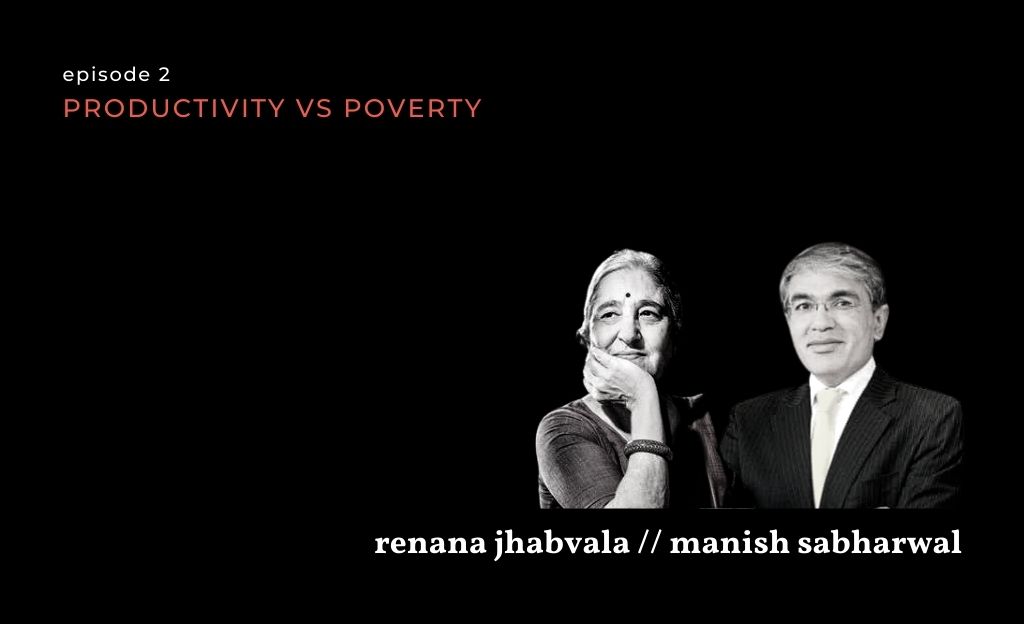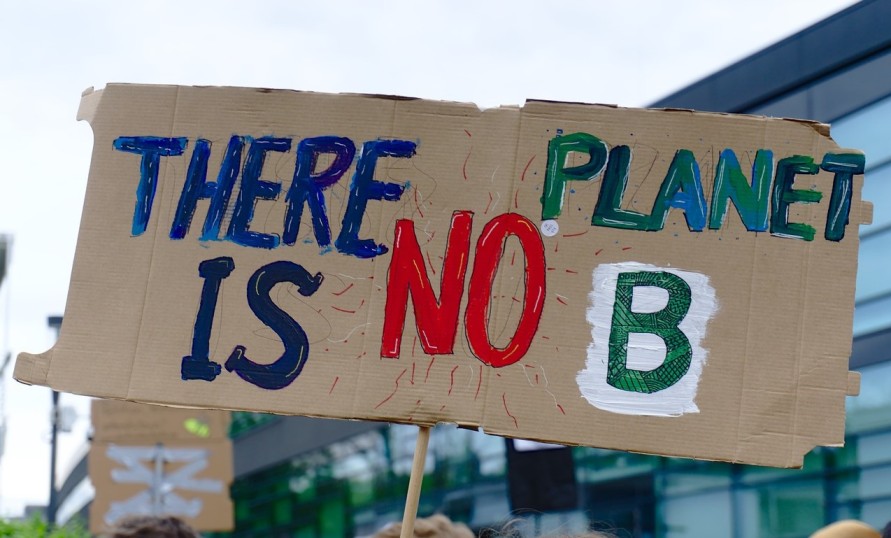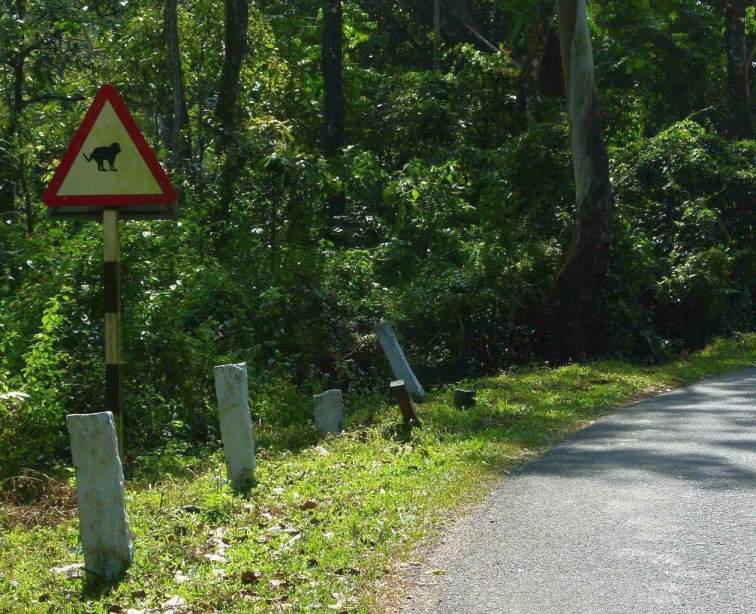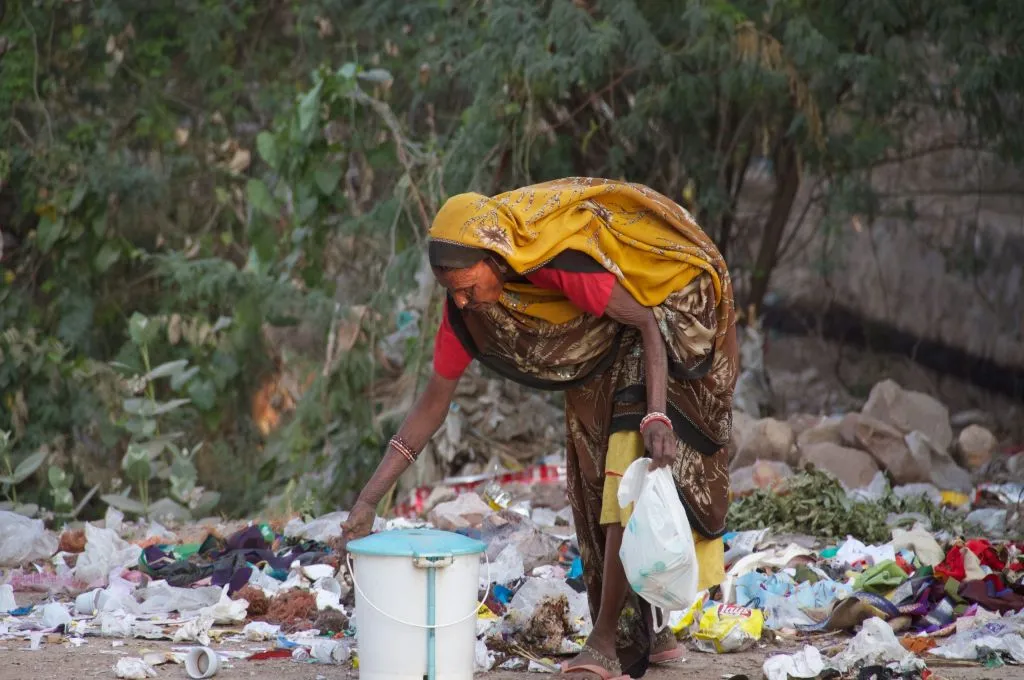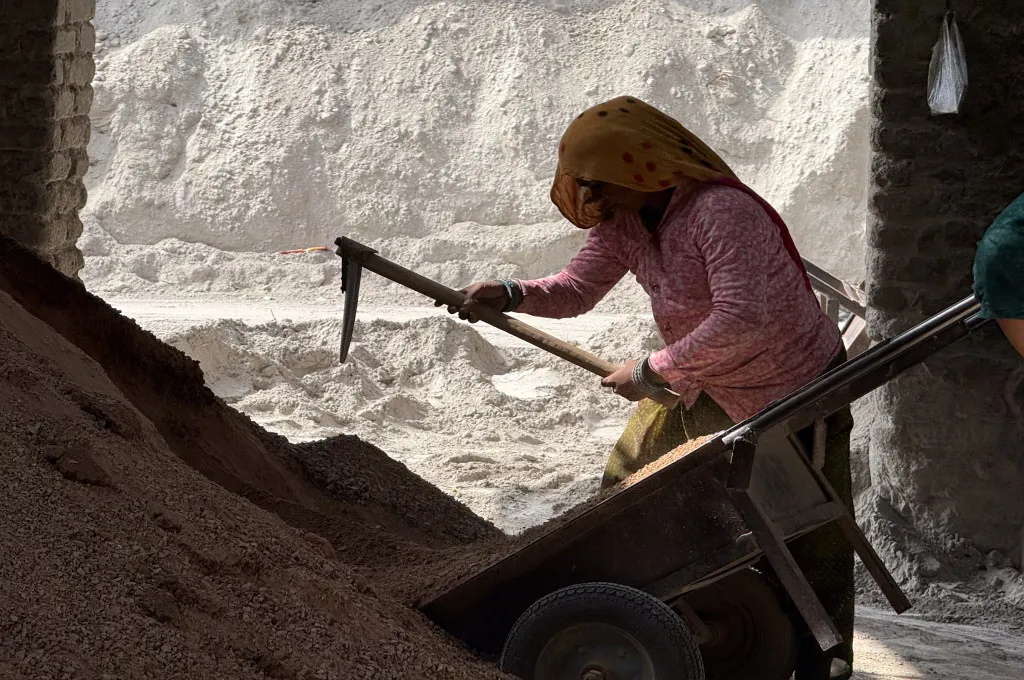Bittu Sahgal is an environment activist, writer, and founder of Sanctuary Nature Foundation, a nonprofit focused on environmental policy, advocacy, science, and habitat management. He is also the founding editor of Sanctuary Asia, a wildlife and ecology magazine. Bittu was a member of the National Board for Wildlife of the Ministry of Environment and Forests, and has produced more than 30 documentary films on conservation.
TV Narendran is CEO and Managing Director of Tata Steel, one of the largest steel producers in the world. He is also the President-Designate of the Confederation of Indian Industry. Narendran sits on the board of several organisations, including the World Steel Association and The European Centre for Executive Development (CEDEP).
Edited excerpts from the episode:
TV Narendran
“We need more role models; we need more corporates to raise their hand and demonstrate it. Today there are many mechanisms in place, many platforms. For instance, integrated reporting is one such thing which Tata Steel, for instance, practices, and many companies have started practicing that. So, you’re not only just reporting on your financial capital, but also natural capital, human capital, intellectual capital, so on and so forth.
In the West, you know, big investors are looking at how you report your performance. And they obviously prefer companies who have an integrated report to companies who just have the traditional reporting formats of just the financial numbers. So, I can see that a lot more platforms have been created, a lot more structures have been created to help corporates who want to do things in a certain way to showcase what they do, we certainly need to get more and more people on board.”
Bittu Sahgal
“We can go into sociology, and we can go into economics, and we can go into human rights, and we can do many things. But there’s one thing that should be understood by those who chase GDP to the exclusion of everything else, that ultimately the economy is a wholly owned subsidiary of the environment and you cannot live in a lifeboat all your life, if you’re helping the mothership drown. The simple truth is that there isn’t a single human activity, not a single one, that can possibly be achieved with any degree of efficiency or any degree of sustainability.
If you’re looking at GDP, and you’re looking at ripping up, let’s say the natural capital of the subcontinent, which could be represented by rivers, or by lakes, huge lakes, or by glaciers or by mangroves, or by mud flats, by forests, of course. That’s not really good economics. So, given this situation, I think it is in the self-interest of economists, to look at the biosphere not as a resource, but as a source. It’s this biosphere that gives us the ability to have a vast market, I’m using what Darwin said in the context of economics: Adapt, or die. Business, as usual is not going to work. And all those things which we now look at as CSR (Corporate Social Responsibility) or SDGs (Sustainable Development Goals), and so on, are not some kinds of taxes that are put on businesses today. Those are actually strategies for survival.”
TV Narendran
“CSR is another way of forcing corporates to spend more money on the communities. And I think India recognises that economic growth needs to be greener and cleaner, because we’ve seen what has happened in China over the last 15-20 years while they grew dramatically, economically, they’ve also had to do a lot of clean-up, particularly over the last five-six years. So, I don’t think India wants to go that way as we cannot afford to do so.
I do believe that, you always need to find that better balance. You need to not just take care of the shareholder and forget about everyone else. It’s also not about just taking care of the community and forgetting about the shareholder. So, as leaders, we need to find that balance, I think that’s one of our jobs. I also believe that you will get listened to more if you’ve done a good job of finding the balance. This is where industry associations like CII (Confederation of Indian Industry), can play a role, get everyone together, have a conversation, understand each other’s points of view. You know, because I think the government, the community, and industry need to work together to solve the problems that India has. None of them can do it by themselves. It doesn’t help by demonising each other because if you have to work with each other, then you have to find the common ground to work with, and then start building on that.”
Bittu Sahgal
“India has some of the best environmental laws. The idea simply was that 30 years ago, we knew what most economists did not know: That without having a healthy biosphere, you’re not going to be able to do any kind of stable business and protecting the environment is essentially good long-term economics.
In a nutshell, I’m saying that there is absolutely no economist in the world who can possibly continue on this growth path without doing one of two things. One is, you eat up your capital so completely that you cannot operate tomorrow. And two is you create such imbalance in the markets in terms of the dissatisfaction of one set of human beings when related to the profit made by such a small fraction of human beings, the disequilibrium there will destroy the market, I think the market wants stability.
So, when you ask who’s responsible, or who can fix it, I’d say start with the economists and influence the policymakers. I believe, at this point in time, we are very close to the tipping point; very, very close. When economies fail, it’s the Bank of Nature that fails. When that fails, the ripples and the after quakes that take place are social unrest, and resource deprivation. Syria is a classic example Arun, where women were in agriculture for 11,000 years, and it took just four consecutive monsoons to cause a migration which was called a Shia-Sunni problem. Eventually, it wasn’t a Shia-Sunni problem. They lived together for eons; it was a lack of resources. That’s what we are really talking about. No economic system, no corporation, and no government can survive in a situation of mayhem. In a situation of anarchy, you need stability.”
—
Read more
- Sustainable Economic Development Assessment (SEDA)
- The Vision of a well-being economy
- Ecology is economy
- Economic growth vs climate security: We can have it all
- The need to invest in climate change education
- India ranks 168th on Environmental Protection Index
- India ranks 120th of 122 countries in a global water quality index
- CSR and sustainable development: Do Indian companies care about the environment?
- The environmental movement has made a few mistakes
- IDR Interviews | Dr Vandana Shiva
- Climate finance for MSMEs
- Climate change cost India over 2000 lives and USD 37 billion in just a year
